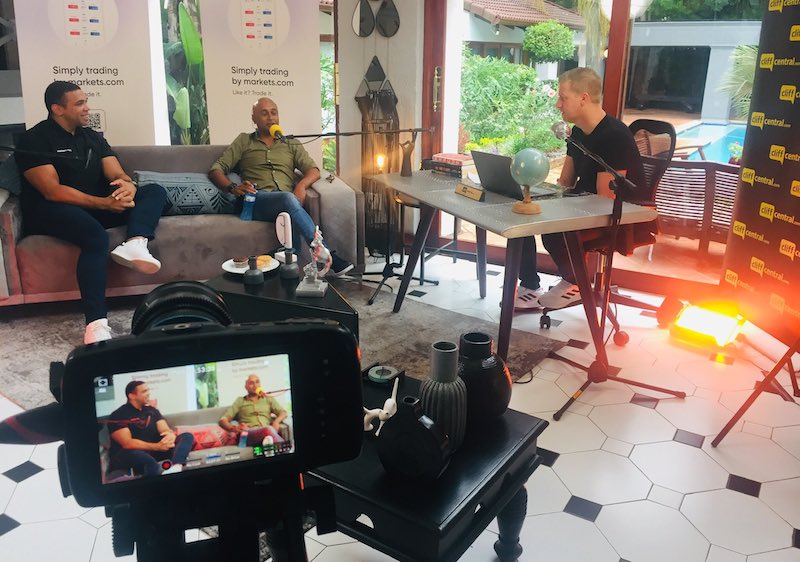Priorities
In a world of constant and unrelenting media bombardment, our brains have to become really adept at prioritising, ranking, and recognising the most important messaging. Every day, as close to you as your mobile screen, you’re faced with a stream of never-ending social media, pictures, video, branding, advertising, marketing, noise, updates, friend requests, WhatsApp messages, calendar invitations, podcasts, financial information, news, opinions, outrage, and pressure to take it all in. It’s impossible. If you try to do all of this, all the time you’ll stress yourself out, develop a tumour, withdraw, or give up completely. None of those would be a good outcome.
In my more contemplative moments I wonder what it must be like to be a luddite – to eschew all technology and live the way my grandparents did at the beginning of their lives. A part of me envies their ability to disconnect, to have time to themselves, to think. We don’t get a lot of time to think – so much of what we do is as a result of the need for immediate answers and urgent action… and I can’t help thinking that’s bad. My generation, caught between millennials and the post-war baby boomers, had a simple life like that for a while, but now we’re as immersed in the world I described above as anyone in their 20s.
Of course I’m not one of those people who complains about TV, the Internet, mobile phones, or the dangers of the inevitable – in fact I’m upbeat about all of this. What concerns me is our evolutionary predisposition to deal with information, and process it, in a much slower and much more deliberate way. Our brains simply can’t take in all this data without a lot being lost. The only time our brains can operate effectively with so much going on is when we have an ‘adrenaline rush’ and are forced, by panic, fight or flight to process the totality of salient information in seconds. The results aren’t always good, but the brain can do a lot when it has to. The problem is, we can’t do that all the time. It’s really unhealthy and very taxing.
The solution (and by no means am I even sure of this) would seem to be prioritising and filtering the universe of data into bite-size, useful, productive and satisfying chunks. For each person this mix will be different, but without a system of discrimination, it’s just a pointless, reactive, emotive and jumbled mess.
Be careful who you follow, what you subscribe to, and think carefully about what you need to check on your phone. Give the person you’re speaking to your fullest attention, or have the decency to keep it short – for them and for you.
Your time is precious, and unless you want to be reduced to a heap of marketing data yourself, make sure every interaction and engagement adds value – to you, the people you care about, and the world around you.



